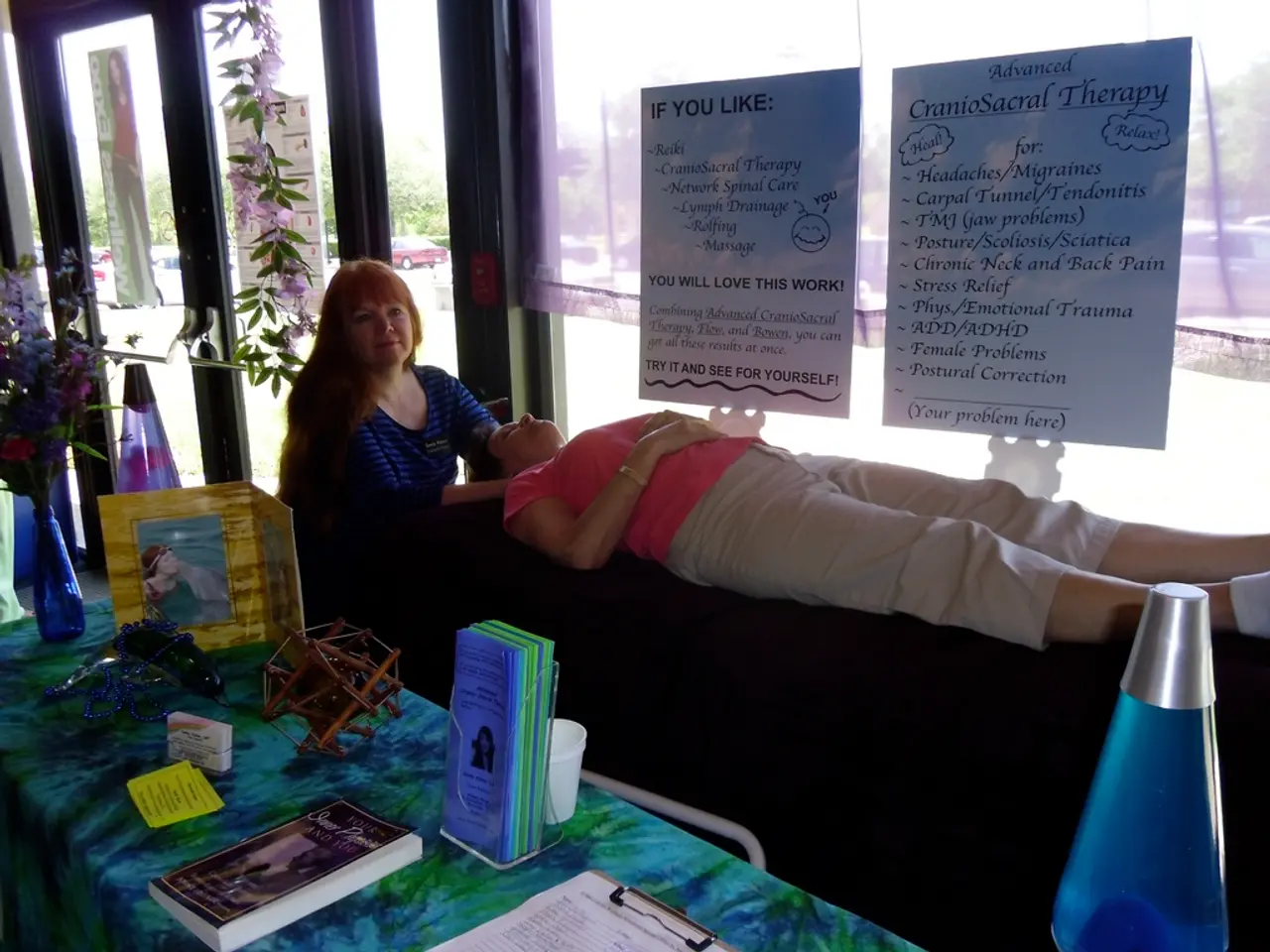Understanding the Mental Aspects of Effective Organizing and Simplifying Lifestyle
If you're feeling overwhelmed by clutter and struggling to declutter your home or life, you're not alone. However, there are practical ways to boost your self-efficacy and set yourself up for decluttering success.
Psychologist Albert Bandura introduced the concept of self-efficacy in the late 1970s, defining it as the belief in one's abilities to perform a specific task or project. Self-efficacy significantly impacts behavior and success, and when it comes to decluttering, a strong sense of self-efficacy can make all the difference.
Practical ways to boost self-efficacy for decluttering success include four key strategies: mastery experiences, vicarious experiences, verbal persuasion, and psychological arousal.
Mastery Experiences
Start with small, manageable decluttering tasks, such as clearing a single kitchen counter section or removing expired food items. Completing these small steps provides a tangible sense of accomplishment, which builds confidence and motivation for larger tasks. Breaking down the task room-by-room or section-by-section helps avoid overwhelm and reinforces success through repeated achievements.
Vicarious Experiences
Observing others successfully declutter or hearing about their experiences can enhance your belief in your own ability. Listening to podcasts or watching videos where others share practical strategies and success stories allows you to model their behaviors and gain ideas for your process. For example, expert advice from decluttering coaches and minimalism advocates can inspire and guide you in overcoming challenges.
Participating in online forums or local groups focused on decluttering and minimalism can provide vicarious experiences, learning from others' shared experiences and tips. Seeing someone similar or relatable succeed at decluttering can be particularly motivating.
Verbal Persuasion
Encouragement from oneself or others plays a crucial role. Positive reinforcement, advice, or motivational speeches can help internalize confidence. Supportive reminders from family or friends can also bolster your resolve. Motivational content, such as Dr. Joe Dispenza’s talks about mastering the environment to master experience, can reinforce the mindset needed to tackle decluttering.
Psychological Arousal
Managing emotional and physiological states during decluttering is important. Reducing anxiety and stress through mindfulness or pacing yourself helps maintain motivation and persistence. Feeling lighter and less overwhelmed by letting go of unnecessary tasks and busywork frees mental space that supports effective decision-making during decluttering.
Creating a positive environment by playing uplifting music, using essential oils, or arranging one's space in a way that feels inspiring and peaceful can enhance self-efficacy and make the decluttering process more enjoyable.
If self-efficacy around decluttering, organizing, or maintaining a chaos-free home and life is low, the likelihood of achieving a clutter-free space is diminished. However, by implementing these strategies, you can build your self-efficacy and set yourself up for decluttering success.
Many people choose to work with a professional who can offer guidance and verbal encouragement throughout the decluttering process. Attending workshops or webinars on organization and decluttering can offer quick wins and unique perspectives or serve as a motivation to start the decluttering process.
Being aware of what triggers negative emotions related to clutter and developing strategies to manage these feelings can help navigate and overcome emotional hurdles, enhancing self-efficacy through psychological arousal.
Remember, decluttering is a journey, not a destination. By focusing on mastery experiences, seeking out vicarious and verbal reinforcement, and managing your psychological arousal, you can build your self-efficacy and create a clutter-free, organized space that supports your goals and well-being.
- Small, manageable decluttering tasks can provide a sense of accomplishment and boost your confidence, making larger tasks seem less daunting.
- Observing others' decluttering success or listening to their strategies can make you more confident in your ability to declutter your own home.
- Verbal encouragement from oneself, others, or motivational speakers can help reduce anxiety and stress, enabling persistence and motivation during decluttering.
- Creating a positive environment, such as playing uplifting music, using essential oils, or arranging your space mindfully, can boost self-efficacy and make the decluttering process more enjoyable.
- Attending workshops, webinars, or courses on organizing and decluttering can offer quick wins, unique perspectives, or motivation to start the decluttering process.
- Being aware of what triggers negative emotions related to clutter and developing strategies to manage these feelings can help navigate and overcome emotional hurdles, enhancing your self-efficacy during the decluttering process.
- Decluttering is an ongoing journey; focusing on mastery experiences, seeking out vicarious and verbal reinforcement, and managing your psychological arousal can help build your self-efficacy and create a clutter-free, organized space that supports your goals and well-being.




